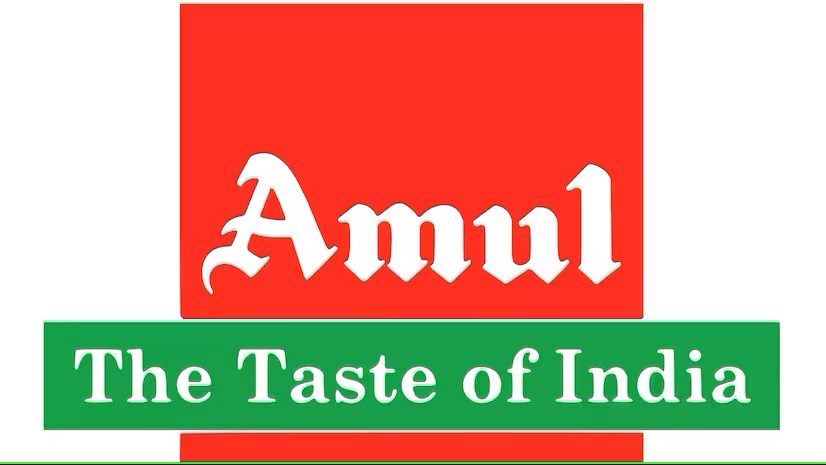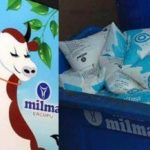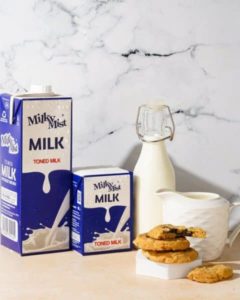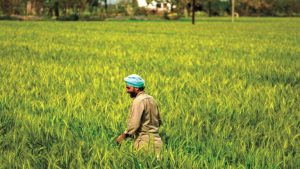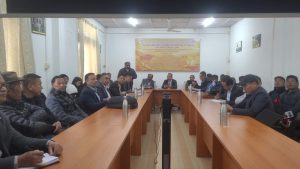
Mehta said If India could offer a gift to the world, it would be the cooperative working systema gift Dr Kurien gave us. His belief in cooperation has sparked a new revolution in India.
Managing Director of AMUL and Gujarat Co-operative Milk Marketing Federation Ltd (GCMMF) Jayen Mehta said AMUL’s recently launched milk in US has been “highly successful” and they are now ready to enter the European market, which would mark a historic moment for the brand.
Delivering the 11th Dr Verghese Kurien Memorial Oration on “AMUL Model: Transforming Lives of Million” organised by a private business management institute here on Saturday, Mehta said “India is now the largest milk producer in the world and is set to produce one-third of the world’s total milk in the coming years”, XLRI in a statement said.
“Dairy isn’t just a businessit’s a lifeline for rural India,” he said.
Talking about Amul’s recent launch of milk in the US, Mehta said it has been “highly successful”, and they are now ready to enter the European market for the first time.
To stay relevant, Amul focuses on offering protein-rich, organic, and chemical-free products that customers trust, while continuously expanding their capacity and infrastructure, he said while praising the ecosystem developed by Dr Kurien, founder of AMUL.
Mehta said “If India could offer a gift to the world, it would be the cooperative working systema gift Dr Kurien gave us. His belief in cooperation has sparked a new revolution in India.” Amul collects over 31 million litres of milk daily, with 107 dairy plants across India and over 50 products, Mehta said, adding that 22 billion packs are sold annually.
Amul has a turnover of Rs 80,000 crore and is now ranked as the strongest dairy and food brand globally, owned by 3.6 million farmers, he claimed.
Addressing the gathering, Nirmala Kurien daughter of Dr Verghese Kurien, said more than half a century ago her father dared to dream that a milk-deficient country could one day become self-sufficient. Today, India stands as the world’s largest producer of milk, she added.
Director of XLRI Jamshedpur Fr S George said Dr Verghese Kurien’s life was characterized by a commitment to making a difference.
You can now read the most important #news on #eDairyNews #Whatsapp channels!!!
🇮🇳 eDairy News ÍNDIA: https://whatsapp.com/channel/0029VaPidCcGpLHImBQk6x1F
